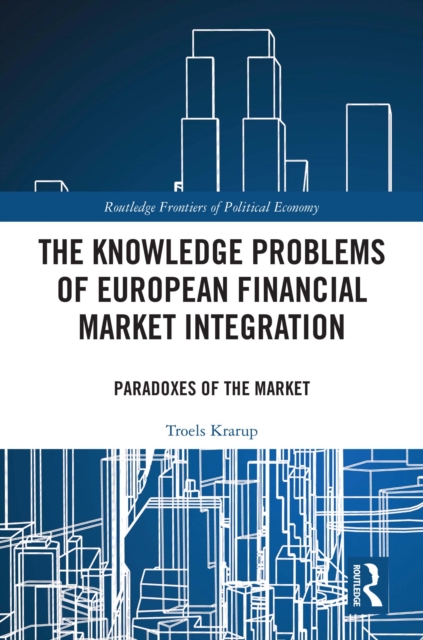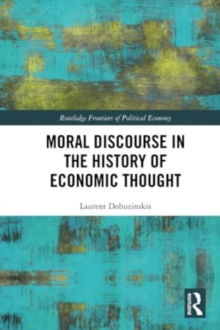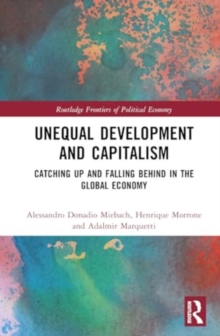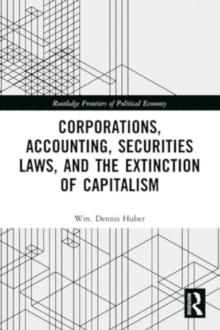
The Knowledge Problems of European Financial Market Integration : Paradoxes of the Market EPUB
by Troels Krarup
Part of the Routledge Frontiers of Political Economy series
EPUB
Description
Since the creation of the euro and a European Central Bank, the European Union has persistently pursued financial market integration throughout periods of economic growth, membership enlargements, financial breakdown, and political crisis. While traditionally analysed in terms of clashing ideological orientations and strategic political interests, this book presents a novel and empirically grounded perspective on the issues around financial market integration by approaching them in terms of the knowledge problems that actors face.
Drawing on European legal texts, policy documents and interviews with regulators, central bankers, and financial market professionals, this book is rich in empirical detail which reveals a close-knit set of knowledge problems, or paradoxes, of 'the market'. These paradoxes are irreducible to a particular political ideology or national interests because they are rooted in the conceptual structure of the European treaties. Moreover, while these knowledge problems present themselves as uncertainties, tensions, and conflicts in practice, they also echo persistent conceptual and theoretical controversies in the field of economics. Indeed, this book demonstrates how 'the market' is adopted from economic theory into European treaty law, resulting in central bankers and regulators struggling with knowledge problems and conflicts paralleling classic debates in the academic discipline.
This book will be of significant interest to political economists working on European economic integration and money and finance as well as readers of heterodox economics, economic sociology, and political and social theory more broadly.
Information
-
Download - Immediately Available
- Format:EPUB
- Pages:152 pages
- Publisher:Taylor & Francis
- Publication Date:18/08/2023
- Category:
- ISBN:9781000933208
Other Formats
- PDF from £35.99
- Hardback from £135.00
Information
-
Download - Immediately Available
- Format:EPUB
- Pages:152 pages
- Publisher:Taylor & Francis
- Publication Date:18/08/2023
- Category:
- ISBN:9781000933208










